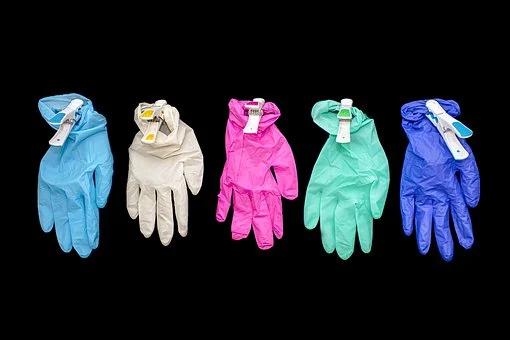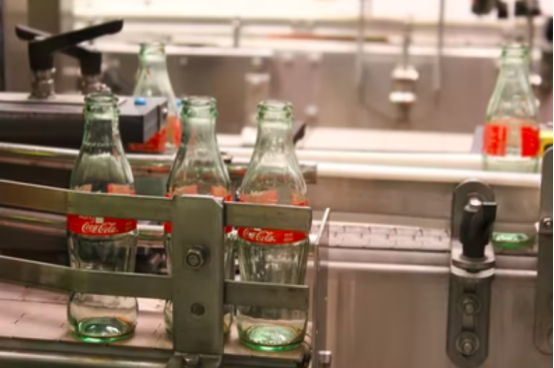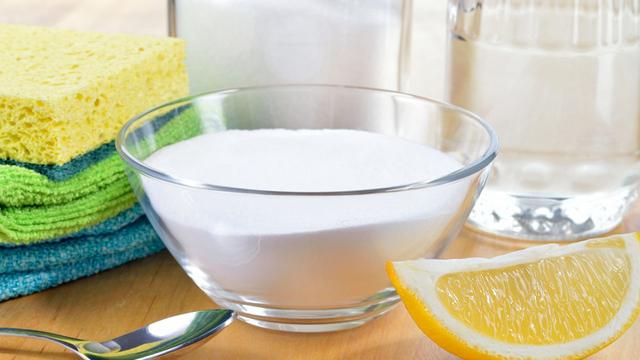Eco-tip: Hazardous waste collection events continue; plus other ways to donate paint, oil
During the period of pandemic-induced social distancing, one type of public event has continued unabated. Household hazardous waste collection events are compatible with COVID-19 safety protocols because participants stay in their cars, and workers are dressed in personal protective equipment.
However, two common types of waste brought to these events are more efficiently managed elsewhere. Rather than taking paint or motor oil to a household hazardous waste event, taking these items to appropriate stores is more convenient and can reduce costs imposed on the publicly funded waste management system.
When you buy paint or motor oil, you pay an “advanced disposal fee” to help cover the cost of safely managing the product’s waste.
This “pay as you throw” or “polluter pays” system charges people in accordance with how much waste they are likely to produce, and the money goes mainly to retailers participating in state-mandated take-back programs, defraying retailers’ costs of managing waste from the products they sold.
Although the fees paid at the point of oil or paint purchase also defray costs at public sites, the events are staffed by well-trained contractors equipped to handle pesticides, flammable liquids and a wide variety of unknown items.

Eco tip:Upside of pandemic? It clears the air for everyone
Even in cases where the contractors are neither charging a “per vehicle” cost for every participant driving into the event nor a fee for oil or paint recycling, the contractors’ overall charges must be sufficient to recover the cost of their time, equipment, training and liability.
In Ventura County, many jurisdictions offer a middle option between retail drop-off and household hazardous waste collection events. Specially designated, lower-cost, publicly funded collection sites are open during most business hours to accept only limited items.
These sites are called ABOPs, an acronym derived from the items typically accepted – antifreeze, batteries, oi, and paint. Most also accept fluorescent lightbulbs.
Last year, Ventura County’s Pollution Prevention Center near Ojai collected 1,883 pounds of latex paint, 1,646 pounds of other paint and 489 pounds of motor oil, all of which contractors recycled into products or burned for fuel in high temperature boilers or furnaces, so collected material does not go to waste.
To indicate the level and color of paint in a can, use a brush to paint a line on the can’s exterior, then use a permanent marker to note on the can’s side where the paint was previously used.
For a motor oil and hazardous waste drop off locations, go to www2.calrecycle.ca.gov/UsedOil/CertifiedCenters.







